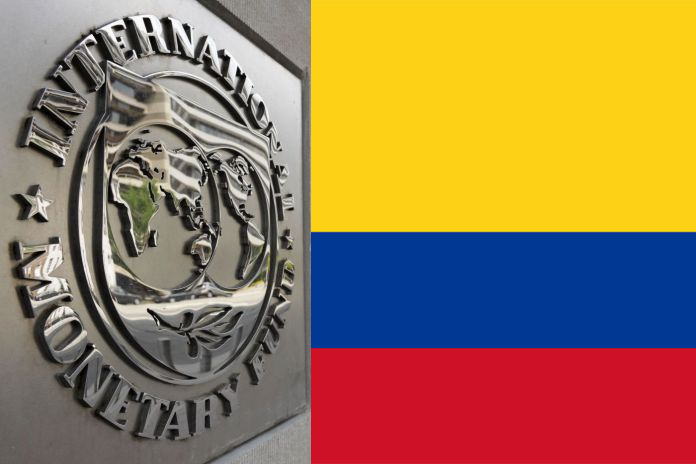WASHINGTON, USA – The executive board of the International Monetary Fund (IMF) concluded the Article IV consultation with Colombia on March 19, 2021.
Colombia has been hit hard by the pandemic, but the policy response has been timely and well-coordinated. COVID-19 has taken a severe social and economic toll, including more than 60,000 deaths. Over 5 million jobs were temporarily affected and GDP contracted by 6.8 percent in 2020, the largest recession on record in Colombia.
The authorities used the flexibility afforded by their very strong policy framework to deliver a coordinated and timely response to the exceptional shock. Alongside a crisis mitigation fund created to aid the pandemic response, emergency measures have supported the health care sector, households and businesses. A flexible exchange rate, monetary policy accommodation and liquidity support, temporary suspension of the fiscal rule and macroprudential measures mitigated the fallout from the pandemic. A national vaccination program to cover most of the population started in February.
A gradual recovery is underway with growth expected to rebound to around 5 percent in 2021. Under staff assumptions for declining infections, rising vaccinations and limited lockdowns, GDP is projected to recover gradually this year, although it is not projected to return to pre-pandemic levels until the second half of 2022. Labor markets have partly rebounded with unemployment declining from its peak although local lockdowns have recently dampened employment gains. Both external and domestic risks to growth remain tilted to the downside.
The current account deficit is projected to widen to 3¾ percent of GDP on account of higher growth and imports picking up. External financing needs are expected to remain elevated. However, as non-oil FDI recovers and public borrowing needs decline, the share of private capital flows in external financing is expected to increase.
Finally, Colombia’s unwavering efforts to integrate Venezuelan migrants into the economy, most recently by granting them Temporary Protective Status, should raise Colombia’s potential growth in the medium term.
Executive board assessment
Directors recognized Colombia’s very strong policy frameworks and track record, allowing a well-executed and timely policy response to the COVID-19 pandemic. Noting the still-nascent recovery amid considerable uncertainty and downside risks, directors emphasized the need for sustained policy support in the near term, while safeguarding financial stability and medium-term fiscal sustainability.
Directors took note of the temporary suspension of the fiscal rule to accommodate emergency spending to support the health care sector, households, and firms. As the pandemic subsides, emergency measures should be gradually removed. Directors welcomed the planned fiscal reform, anchored in durable revenue mobilization and improved tax administration. They agreed that a return to the fiscal rule would safeguard the fiscal framework and anchor medium-term adjustment and public debt sustainability.
In doing so, directors stressed the importance of striking the right balance between flexibility and credibility. They encouraged the authorities to consider enhancements to the fiscal framework and its implementation.
Directors welcomed the central bank’s actions to provide liquidity and the balanced use of regulatory and supervisory flexibility to support credit through the downturn. While monetary policy can be eased further, if needed, there is a need for continued vigilance in financial supervision and use of macroprudential policies to safeguard financial stability. Directors also welcomed the authorities’ commitment to maintain a flexible exchange rate. They noted that Colombia’s first-ever purchase under the Flexible Credit Line (FCL) complemented public and external financing and helped maintain strong external buffers. Directors welcomed the authorities’ intention to treat remaining access under the FCL as precautionary. Continued accumulation of reserves over time would help preserve reserve coverage.
Directors encouraged continued efforts to promote employment, inclusive growth, and external competitiveness, by implementing the National Development Plan and Peace Accords. They commended the authorities for their efforts to integrate Venezuelan migrants into the economy. Directors also acknowledged the progress on governance and transparency, and encouraged sustained efforts to strengthen the anti-corruption and AML/CFT frameworks.






